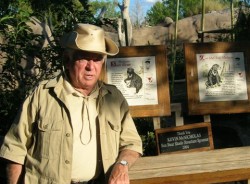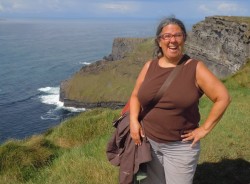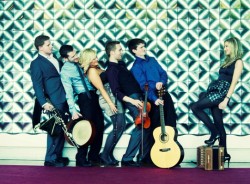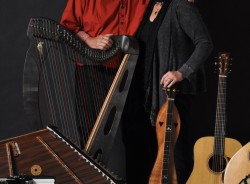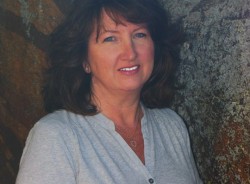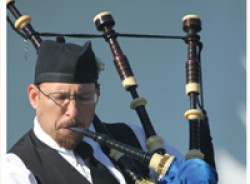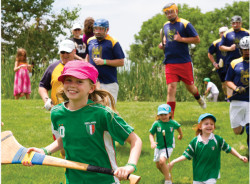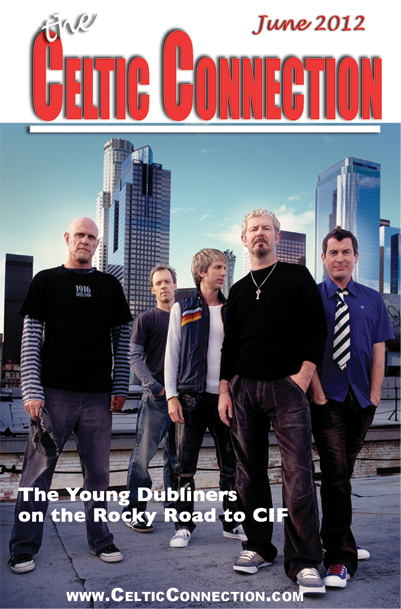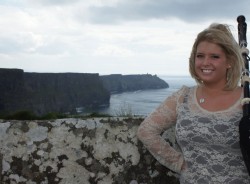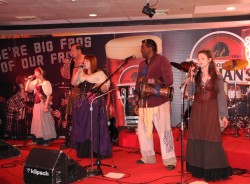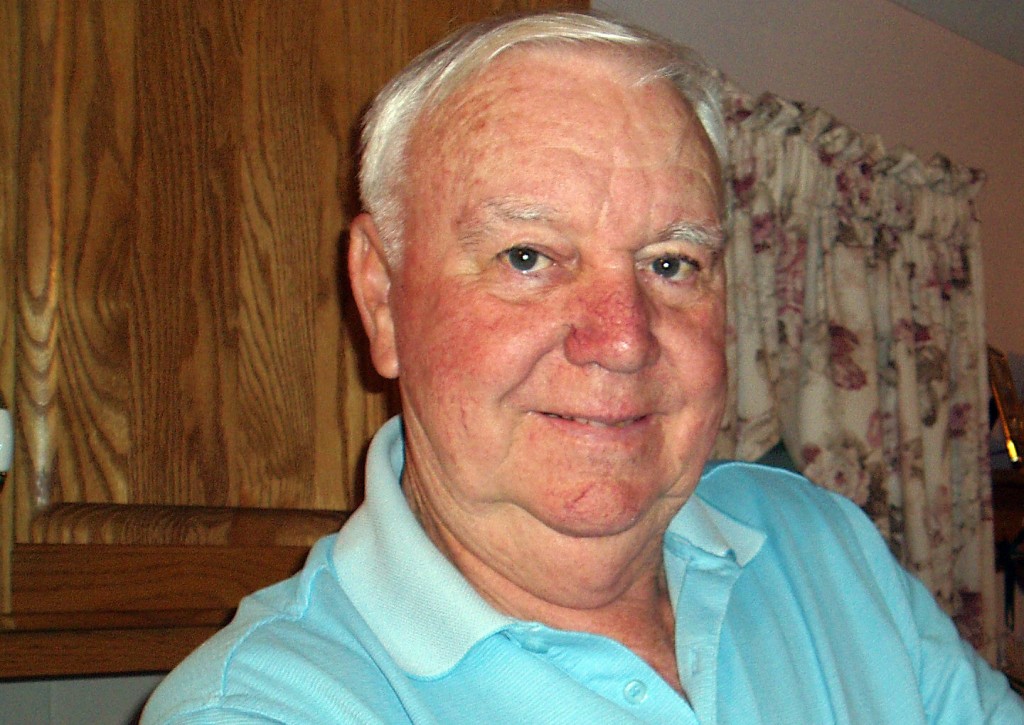Denver’s Kevin McNicholas and KM Concessions /SSA Honored by AZA
Kevin McNicholas, President and CEO of Denver based KM Concessions /Service Systems Associates, Inc (KMSSA) is being awarded the AZA (Association of Zoos) and Aquariums Wendy Fisher Award for Professional Excellence on Sept. 12, 2012 in Phoenix . This prestigious award has only been given out twice before and is the highest honor award for professional excellence in his field as a concessionaire. He was nominated by Barbara Baker of the Pittsburg Zoo and endorsed by all the other zoo directors.
Denver Zoo President and CEO Craig Piper, said in his supporting nomination, “Kevin is truly an integral part of the Denver Zoo family. Kevin is determined to help others improve their lives as long as they commit to work hard, take care of family and serve their community. As a fitting testimony to his service to others, Kevin was awarded the Daniel Ritchie Ethics in Business Award, one of Colorado’s highest. I am honored to nominate Kevin for this prestigious national award for his dedication to zoos and aquarium commercial service.”
KMSSA is in 36 venues (zoos, aquariums, museums, stock show, etc) around the country. Kevin and KMSSA give a high percentage of their sales to venues and give extra help through professional operations; doing heavy investments in equipment, remodeling, and food for their fundraisers.
. In 2004, the Association of Zoos and Aquariums established the Wendy Fisher Award for Professional Excellence to honor those Association of Zoos and Aquariums Commercial Members who have demonstrated outstanding character, leadership, professional excellence and distinguished service to AZA and fellow Commercial Members. The award is named for its first recipient, Wendy Fisher. Only one recipient can be honored in any given year, and since the award criteria are lofty, it is anticipated that the award will not be given every year. Among the qualifications include impeccable character and a distinguished record of honorable service to AZA throughout his or her career; he or she must be strongly committed to education, conservation, science, recreation, and the welfare of animals.
“We are very excited about this award,” said wife and business partner Mary McNicholas, “Kevin has been selling popcorn and hotdogs for 43 years now and helping out many zoos!”
Stephen D. Minnis, president of Benedictine College would not be surprised of the most recent McNicholas honor as he says, “Kevin (class of ’60) and Mary have lived their lives and run their businesses with integrity and have been shining examples of character, ethics and respect for others, in both their business and personal lives,”
The list of donations to community projects from McNicholas/KMSSA is very long and goes far beyond AZA. A priority is making sure students get scholarship help to further their education. “In honor of Kevin our company is starting a TKM Foundation
which will have its kick off on October 26th at the new History Colorado Center,” said Mary, “ The focus of the foundation is on the education needs of young people in offering them scholarships and preparing them to enter the workforce with character, ethics and leadership skills.” Sean McNicholas and Time Brantley are vice presidents of KMSSA and they are heading up this new foundation.
For more information on kmssa go to www.kmssa.com

